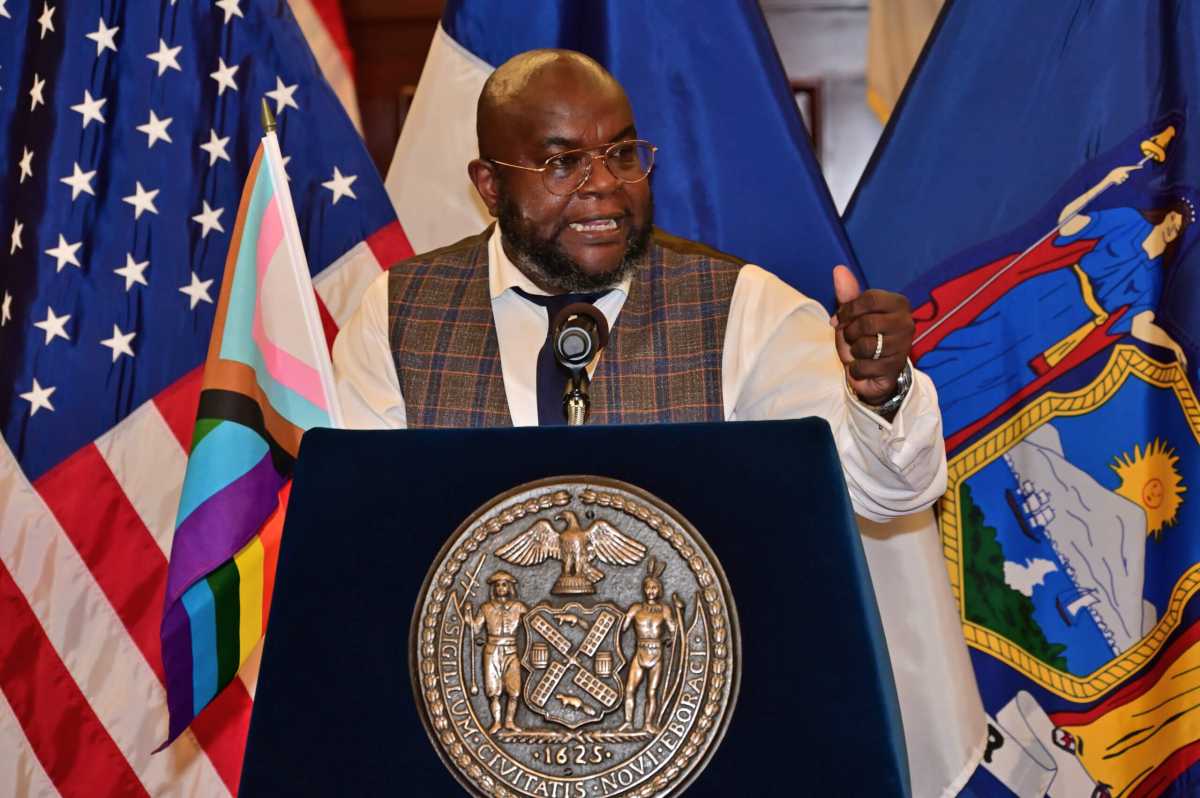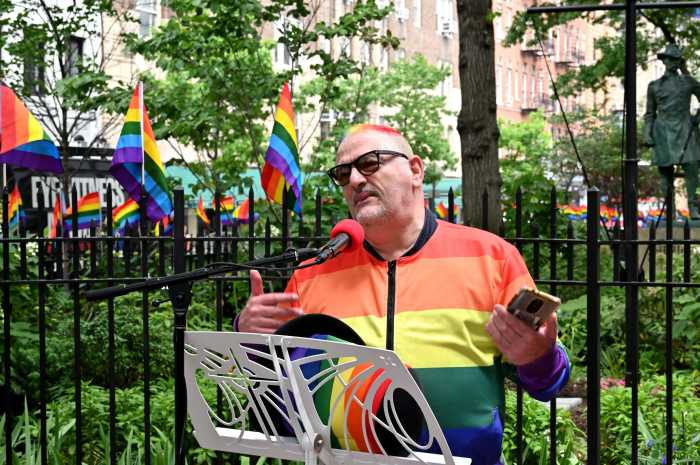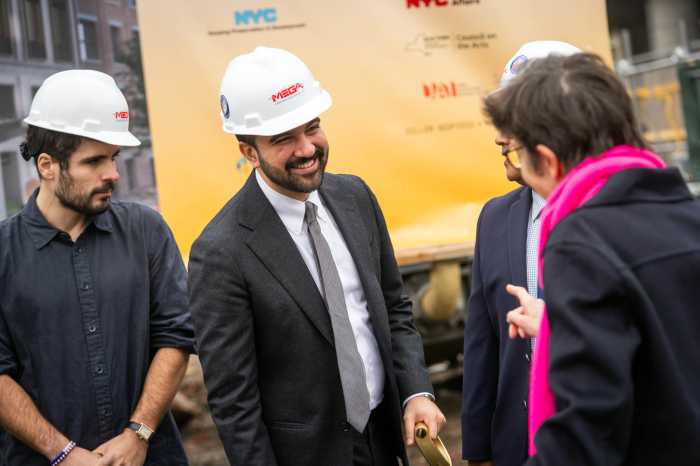After opening an Atlanta location in 2022, the Bronx-based LGBTQ center and non-profit Destination Tomorrow is continuing to expand its footprint with a new space in Washington, DC.
Since 2009, Destination Tomorrow has played an important role in New York City’s LGBTQ community — with offerings ranging from healthcare services to wellness groups to career resources — at its main hub at 452 E. 149th Street in the Bronx. Destination Tomorrow’s Bronx location has also been utilized for other community events, including political debates, Transgender Day of Remembrance gatherings, and more. In the process, the organization has flashed some star power, attracting board members like “Pose” star Dominique Jackson.
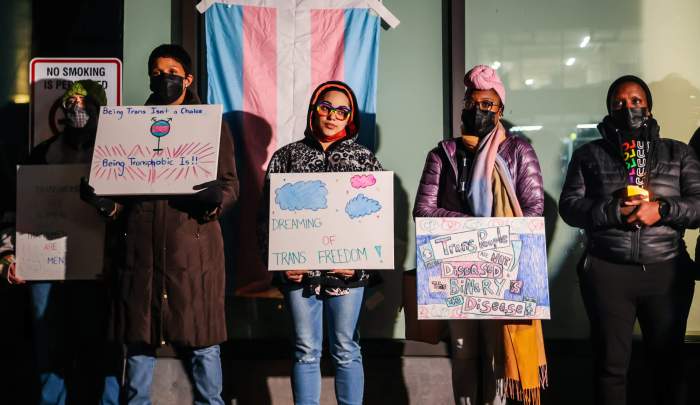
Following a decade in New York City, however, Destination Tomorrow’s CEO and founder, Sean Ebony Coleman, saw an opportunity to fill gaps elsewhere by providing services to other cities, namely in the south, with significant populations of LGBTQ people of color.
“In the Bronx, we are rooted in economic empowerment,” Coleman told Gay City News in an interview days after Destination Tomorrow opened the new space at 1701 Q Street NW in DC’s Dupont Circle neighborhood, which is known to be a key LGBTQ hub. “We recognized what we had in New York could be a blueprint for other states.”
Coleman, a Brooklyn native, stressed that there is a “fundamental need” for LGBTQ services that are safe and affordable — and Destination Tomorrow emphasizes the importance of its role as a trans-led organization as it enters different parts of the country. Two years ago, Destination Tomorrow opened its first out-of-state space at 1419 Mayson St. NE in Atlanta.
“We had tremendous success,” Coleman said, referring to the opening of the Atlanta location. Destination Tomorrow, he explained, offered services and made inroads in the community, which led the OUT Georgia Business Alliance to recognize the organization as the state’s non-profit of the year.
Destination Tomorrow is continuing to branch out in DC, where dozens of people — including representatives from the Office of DC Mayor Muriel Bowser and other city leaders — gathered late last month to welcome the organization to the area. The new space is getting furnished at the moment, Coleman said, and staffers are distributing surveys to learn about the needs of local individuals in the community.
“We never want to go into a location and act like we know what is best for those folks,” Coleman said. “We put out a five-question survey for DC Pride, and from that we are going to turn it into a town hall or focus group so we can meet with community members.”
Any program at Destination Tomorrow’s DC location, he said, would be informed by the local community — and some initiatives in the works include outreach and engagement programs. In addition to programs and services, however, the DC location also means Destination Tomorrow now has a presence in the political hub of the nation, allowing the organization an opportunity to expand its advocacy efforts on issues pertaining to LGBTQ people nationwide.
Still, Destination Tomorrow’s Bronx location remains its headquarters and original home. Like in past years, the organization is taking a leading role in organizing Pride festivities in the Bronx, which will take place on June 22 this year. Coleman has continued to remain influential in the local community, speaking at vigils for community members such as O’Shae Sibley, who was killed in a homophobic attack at a Brooklyn gas station last year, and Cecilia Gentili, whose sudden death in February devastated the community.
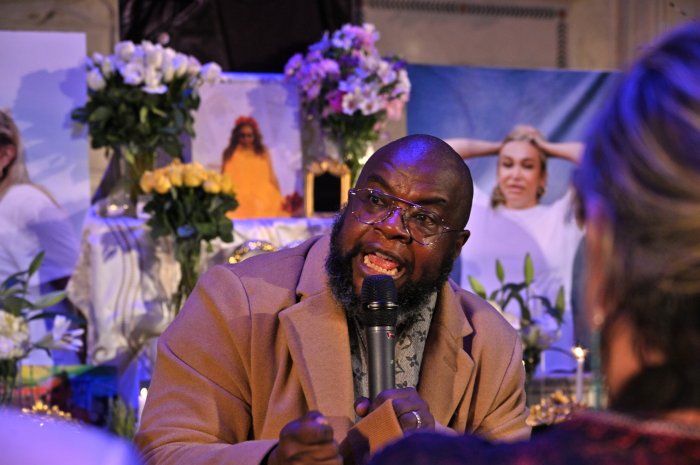
Destination Tomorrow’s revenue has grown significantly in recent years, with some fluctuation during the pandemic. Revenue climbed from $306,000 in 2017 to $2.91 million in 2020, $1.7 million in 2021, and $3.83 million in 2022, according to tax documents up through the year 2022. Expenses have also climbed — from $307,000 in 2017 to $3.6 million in 2022, though revenue still outpaced expenses in 2022.
Destination Tomorrow’s expansion to other cities represents a turning point in its 15-year history, but Coleman notes that the organization had already started making a difference in other ways, such as grant-making work that has helped steer funds to trans-led organizations. The organization’s work, Coleman said, has demonstrated that delivering change for the better is possible when LGBTQ folks — especially trans people of color — are given resources.
“So many people wrote us off and didn’t think we would be successful with the New York location,” Coleman said. “And we have gone on to prove that with consistency, hard work, and community, Black and Brown trans and gender non-conforming people can lead.”

